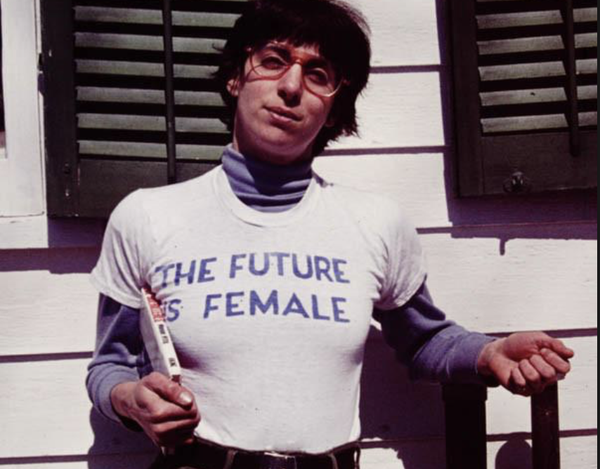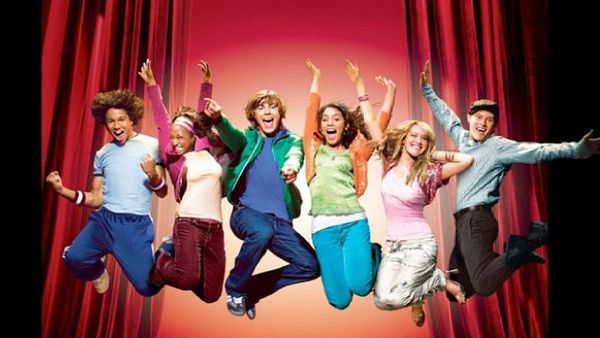Simone Manuel made history and set a new Olympic record the second she tied for gold in the women’s 100-meter freestyle race. She gaped in awe when she found out, telling the interviewer in so many words that her medal goes to all the people that inspired her. For her, the medal stands as a testament to those who think they “can’t do it.” She wants be an “iteration to others” that “you can do it.”
Some may consider Manuel’s statement to be simply a reaffirmation of American optimism, and the erroneous belief in the now debunked idea of the “American Dream.” Others may see Manuel’s sincerity as inspiringly feminist and touching. Whatever you construe her statement to mean, she said something we hear time and time again as Americans. She said something we read on the flimsy fortunes stuffed in tasteless cookies, unbroken self-help books on grimy dollar-store shelves, and on athletic wear whose material feels a little too dry. “You can do it.” “Even if you think you can’t do it, you can.” “Just do it.” The iterations of this same statement abound…
Whoever propagates this statement never mentions what “it” is, but that doesn’t really matter. The reader or listener takes this rather vague affirmation and twists it to fit their particular situation. Americans capitalize on this belief that they can do whatever they set their mind to with some dedication and hard work. But, as a society (I’m including myself in this category of Americans), forget that we’ve placed so many obstacles on the way of obtaining “it.”
That’s why I found tall poppy syndrome so fascinating when I lived in New Zealand—it starkly contrasts with this candid American optimism. Think of the so-called "Imposter Syndrome" coined by psychologists Clance and Imes. Tall poppies shoot above their born-in social class to achieve high statuses, making them “better" than the rest of their family. Kiwi culture tends to criticize these people and discredit their achievements rather than praise them like in American culture. Kiwi culture lacks oppressive optimism: there’s a practicality and realism in place that many appreciate and thrive under. And yet, this system does not let people who, as Manuel says, believe they "can’t do it," find the strength to do “it.” Some brilliant and talented kiwis are left with no hope to achieve their dreams, and this is terrible from my perspective as an American conditioned to “just do it” and everything will work out.
That’s the paradox of the American Dream: you’re supposed to have a social network that allows you to do everything you hope to achieve, but you can’t. You’re not educated in the right places. You don’t know the right people. You didn’t score high enough. Sure, there’s some success stories about people who dedicated their lives to one thing, worked really hard, and achieved success, but they are the exception.
America needs to learn some realism from tall poppy syndrome. New Zealand needs to learn some hope from American optimism, the American Dream, if you will. Disappointment seems hard wired to life, and we should expect failure. Yes, we can do so many things with our dedication and perseverance, but society (both American and New Zealand) wrongly privileges some over others by way of the almighty dollar.
And, to contradict myself, hold on to Manuel’s hopeful words. Please believe in yourself, and don’t succumb to defeat. You have the capacity to do so many things; you just need to put them in perspective. Shoot high, but don’t expect to excel in everything. Sure, you can do “it,” but what will “it” do to you in the process?





















